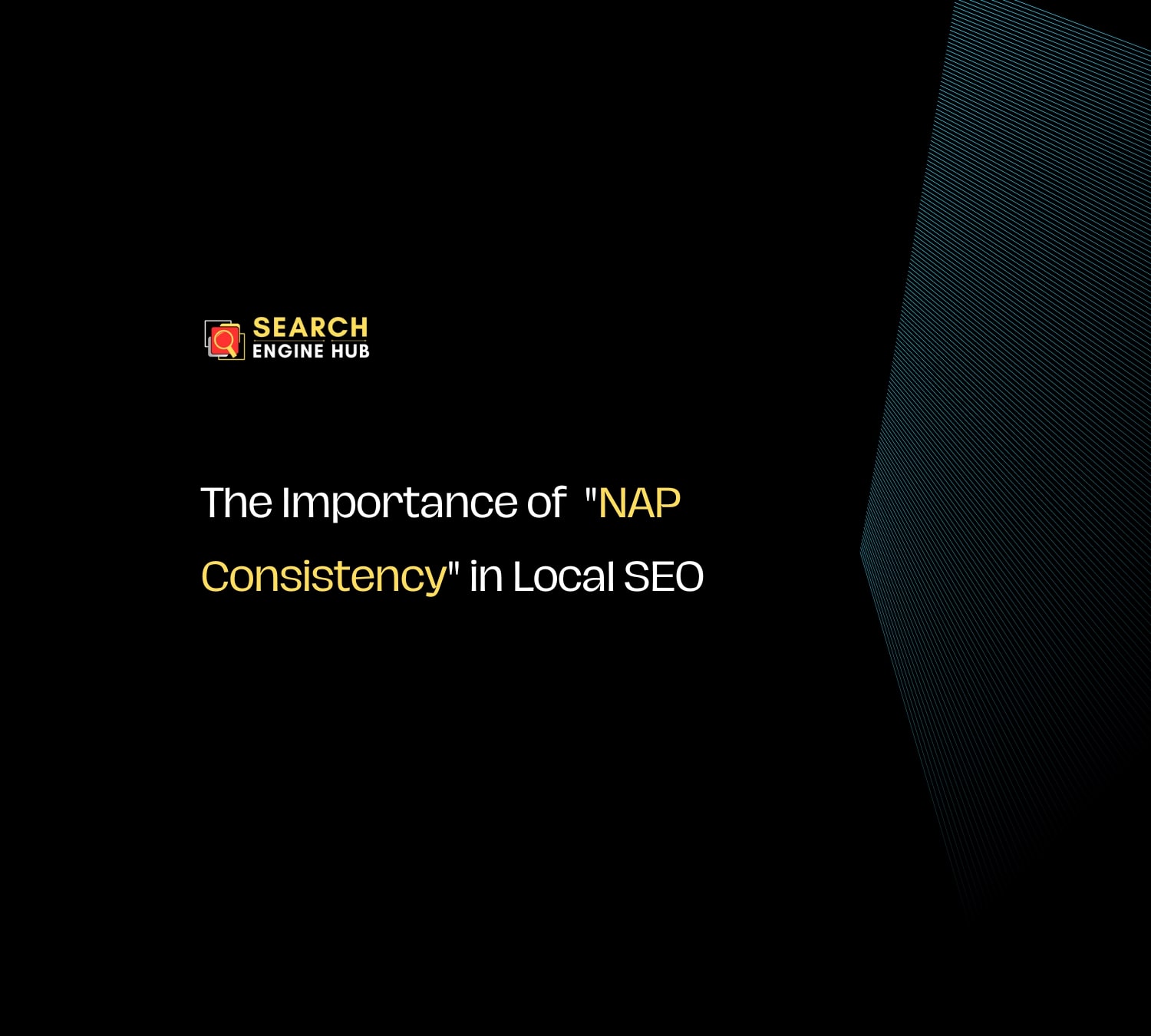When people search online for information, products, or services, they use specific keywords. For businesses, selecting the right keywords is crucial, as it determines how often your website appears in search results. Choosing the right terms can increase your visibility and help you attract the right audience.
In our experience, effective keyword strategies and SEO practices can lead to higher website traffic and better conversions. It’s about connecting with people who are already searching for what you offer.
Whether you’re a business owner, content creator, or digital marketer, understanding these SEO practices will strengthen your online presence. This guide provides practical, proven strategies to help you improve search rankings and achieve better results for your business.
1. Understanding Your Audience
Knowing your customers is key to selecting effective terms and phrases. If you understand your audience, you can predict what they might search for and tailor your content to match these searches. This makes your website more likely to show up when it matters most.
To gather insights about your potential customers, consider the following methods:
- Ask your current customers directly about their needs and preferences through surveys or feedback forms.
- Observe what people are saying on social media about your industry. Look for common questions or topics.
- Use tools like Google Analytics to see what search terms are already bringing people to your site.
- Look into studies or reports about your industry to understand broader trends and customer preferences.
2. Analyzing Competitors
To find out who your main competitors are, start by searching for your core products or services on search engines like Google. Look at the top results; these are your primary competitors because they are visible to your potential customers. Additionally, you can ask your customers which other companies they considered before choosing your product or service.
Once you’ve identified your competitors, you can find out which terms or phrases they are targeting. This can be done by looking at the content on their websites, especially in titles, headings, and meta descriptions. Tools such as Ahrefs or SEMrush offer features that allow you to see the terms your competitors rank for and how much traffic these bring them. By understanding what terms are working for them, you can consider targeting similar terms.
3. Using Keyword Research Tools
For research, some popular tools include Google Keyword Planner, SEMrush, Majestic SEO, and Ahrefs. These tools help you discover effective terms based on search volume, competition level, and relevancy.
Google Keyword Planner is a free tool that provides data on search volume and competition. To use it, create a Google Ads account, then go to the Keyword Planner section. Enter a term related to your industry and the tool will show you related terms, their monthly search volumes, and competition levels.
SEMrush, Majestic SEO, and Ahrefs are more comprehensive tools that not only give you keyword ideas but also offer insights into your competitors’ strategies. To use SEMrush, type a competitor’s URL into the search bar to see which terms are driving traffic to their sites. Majestic SEO and Ahrefs can also suggest gaps in competitors’ strategies that you might exploit. For a detailed comparison of these tools, check out our Majestic SEO vs Ahrefs SEO Tool Comparison.
4. Evaluating Keyword Relevance
To check if a search term is relevant, start by asking whether it accurately reflects what you are offering. If you sell organic dog food, for instance, a term like “natural dog treats” might be relevant, but “cheap pet food” may not align well with your brand’s emphasis on quality. Always make sure that the terms you consider are directly connected to your products, services, or the content you provide.
It’s also crucial to understand the searcher’s intent behind the term. Intent refers to what the user is looking for when they type a query into a search engine. There are typically three types of intent:
- Informational: The user is looking for information. For example, “What is the best dog food for puppies?”
- Navigational: The user is trying to find a specific website or page. For example, “Brand X homepage.”
- Transactional: The user intends to make a purchase or engage in another online transaction. For example, “buy organic dog food online.”
5. Assessing Keyword Difficulty
Difficulty in ranking refers to the challenge of appearing high on search engine results pages (SERPs) for a specific phrase due to competition from established, high-authority sites. A phrase with high difficulty indicates that many strong websites are already well-ranked for it, making it more challenging for newer entries to break through.
To choose keywords you can realistically rank for, consider your website’s current authority and resources. Start with options that are not too competitive but still get a good number of searches and are not the main focus of big, well-known websites.
6. Considering Search Volume and Competition
Search volume indicates the frequency a specific query is used over a set period. If the volume is high, it suggests that it’s popular. Competition reflects the number of businesses attempting to rank for the same query. High competition implies that numerous businesses are focusing on that query.
Choosing the right keyword involves finding a balance between how often they are looked up and how many other sites are trying to rank for them. High search volume can attract more visitors, but they often face stiff competition. Sometimes, it’s advantageous to target the ones with fewer searches because they are less contested and easier to rank for. To find this balance, consider your business’s competitive capabilities and how closely it relates to your offerings.
7. Integrating Keywords into Content
To effectively incorporate relevant search queries into your content, ensure they fit naturally into your text. These should enhance your content without making it awkward or difficult to read. Here are some tips for integrating them effectively:
- Place your main query in important parts of your content such as the title, headings, and the first paragraph. This helps search engines understand what your content is about.
- Use variations of your main query throughout the content. This includes synonyms and related phrases. It helps you rank for similar search queries.
- Keep your writing natural. Avoid forcing search terms into your text. If something doesn’t fit naturally into a sentence, consider rephrasing the sentence or choosing a different term to use.
8. Monitoring and Adjusting
To ensure your selections continue to work well for your business, it’s essential to keep an eye on their performance. Use tools like Google Analytics to track how much traffic each brings to your site. Also, monitor your rankings on serps to see if they improve or decline over time.
When you notice a selection is not performing as expected—perhaps it’s not attracting enough traffic or the visitors are not converting—you might need to make some changes. This could involve choosing more specific options, or those with less competition, depending on your initial findings.
It’s also important to stay updated with trends in your industry. As new trends emerge, relevant language can become important. Incorporating this into your website can help you stay competitive and attract more visitors.
Conclusion
Finding the right keywords involves strategic planning and continuous refinement. Understanding your audience’s search behaviors, analyzing competitor performance, and leveraging specialized tools are essential steps to identify the phrases that will drive the most relevant traffic to your site. It’s not just about visibility—it’s about connecting with users who are actively seeking what you offer.
Implementing these strategies will help increase your traffic and solidify your online presence. For expert insights and ongoing optimization, consider subscribing to our monthly SEO plan to ensure your strategy adapts and grows with your business goals.




